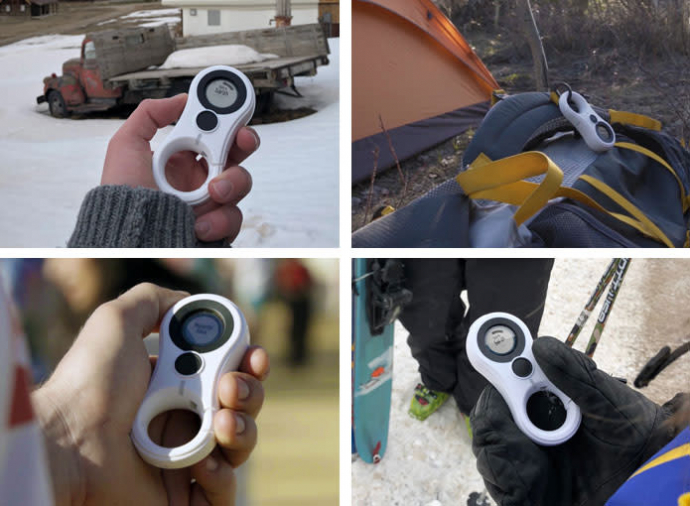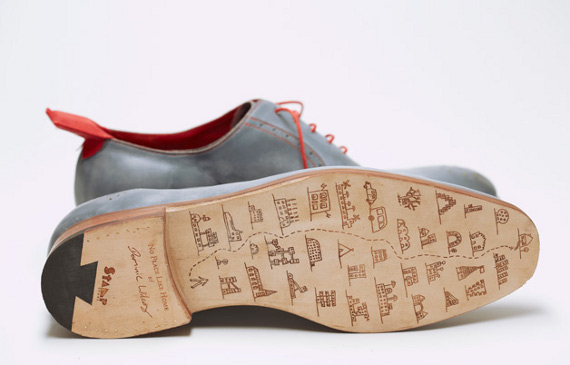
A clever new locating device bypasses the need for smartphones and an internet connection to find friends and children in crowds, remote areas, at festivals, or anywhere else under an open sky. Lynq uses a combination of GPS and low-power, long-range radio signals to help you find other users up to three miles away.
The waterproof device claims to run for three days on a single charge and there are no monthly fees.

Holidaymakers will undoubtedly find countless applications for Lynq including skiing, hiking and mountain biking. We’ve asked the manufacturers whether the device works underwater as we think scuba divers would find Lynq invaluable as way of navigating back to a dive boat or locating a lost member of the group.
You can pre-order a Lynq for delivery early next year at indiegogo.com
We’re witnessing a proliferation of navigation aids. For example, walkers need never again stop to ask for directions; inspired by the film The Wizard of Oz, designer Dominic Wilson has created a pair of shoes with built-in GPS navigation dubbed No Place Like Home.
The shoes are based on a traditional design and give little clue to the wizardry hidden within the sole and heel. Once a destination is uploaded to the shoes via a USB cable, a discreet array of tiny LED lights on the toe of the left shoe indicates the direction in which you need to head, and a similar display on the right toe shows the percentage of your journey that remains. The GPS antenna is hidden within a fabric tab at the back of the shoe.

A survey by Living Streets found that almost two thirds of us walk for less than one hour a week. 55-to-64 year-olds were the most active walking for more than two hours each week. The 35-44 age group walked the least. Reasons cited for not walking more included the time it took, not having the correct footwear, getting hot and sweaty and rain.
Few people, it appears, admitted to laziness.


Thierry
So does it work underwater then? Because it would indeed be an invaluable tool for scuba diving
john Davidson
These ideas all look good however why not just use http://www.what3words.com ?
What3Words have mapped the entire globe (including oceans and mountains) into 3m squares and given each square a unique combination of 3 words. That way, everywhere on Earth can be referenced down to a fine level of granularity by just using 3 words.
So if you are trying to find friends and children in crowds, remote areas, at festivals, or anywhere else under an open sky then just use the 3 words associated with the spot they are in and you can locate them using directions and map provided by what3words. OK it may require an Internet connection – but it is simple and effective – and free!